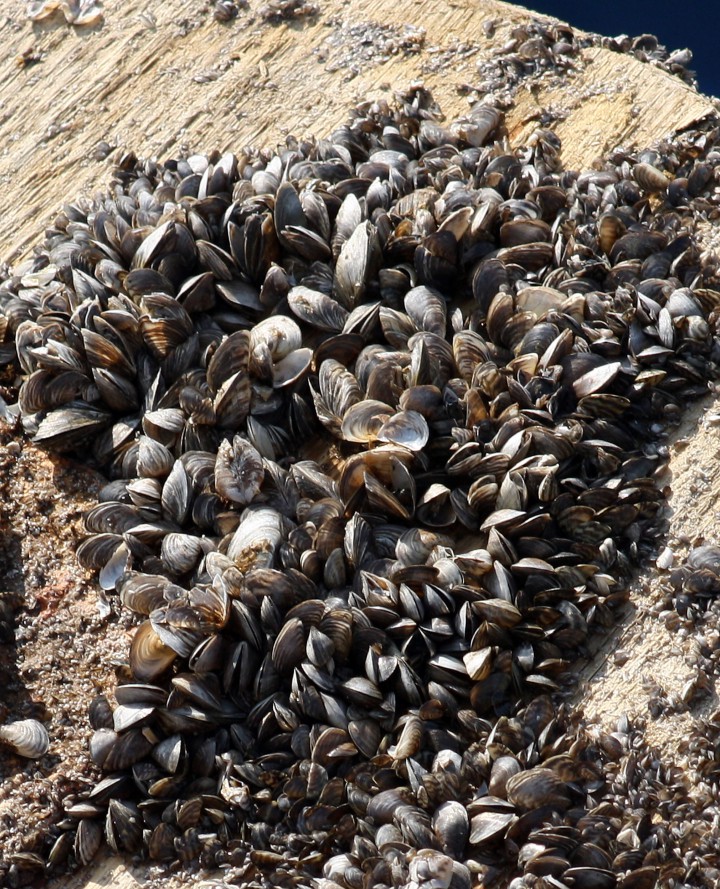WATCH ABOVE: The province is warning the public to be on the look-out for zebra mussels. Eric Szeto explains why.

EDMONTON – The province is warning the public to be wary of zebra mussels, an invasive species that’s already spread throughout much of the U.S. and parts of Canada.
Most recently, officials in Manitoba had to close off a section of Lake Winnipeg and inject liquid potash into the water to kill off the zebra mussel population there. In Saskatchewan, measures are being taken to check boats. In B.C. there have been some recent scares, as well.
To keep the species from infesting Alberta, the province wants people to be vigilant when taking their boats out, as zebra mussels tend to cling to boats, and trailers, and can live out of the water for up to a month.
People are advised to clean and inspect their boats, soak gear in bleach water, and also drain and dry off equipment.

Get breaking National news
Once zebra mussels make their way into waterways or lakes, they multiply fast and can be very difficult to eradicate. The damage they cause can also be quite costly.
“By some estimates if we had those mussels in this province, it could cost us up to $75 million a year…a pretty significant impact,” said Katrina Bluetchen of Alberta Environment Sustainable Resource Development.
Zebra mussels are said to clog water pipes, create algae and destroy habitats.
“It impacts everything from our drinking water infrastructure to our agricultural infrastructure; and not only that, but just the recreational quality of our lakes,” Bluetchen stressed.
Zebra mussels originate from eastern Europe. They were first discovered in North America in the 1980s.
With files from Eric Szeto, Global News








Comments